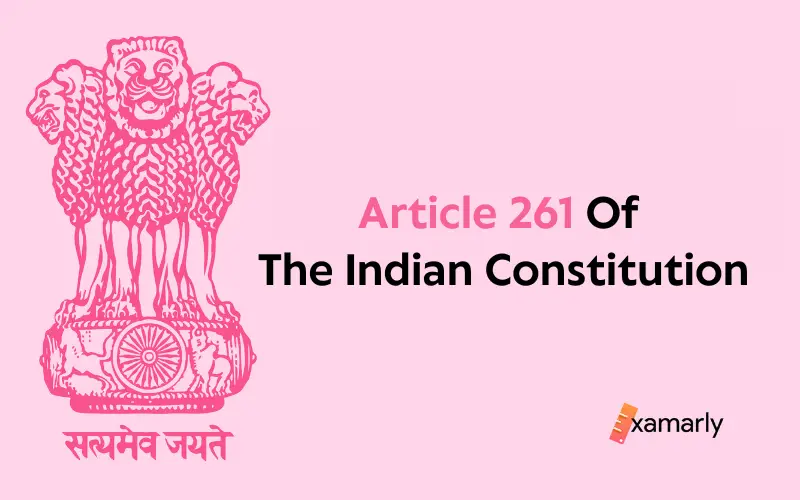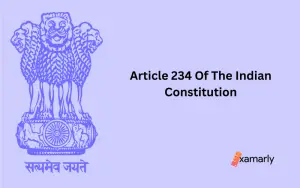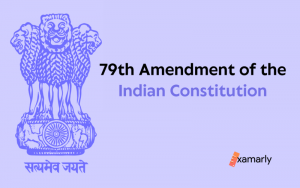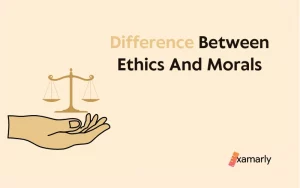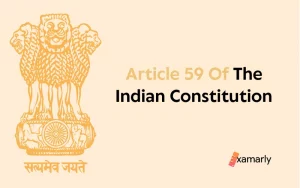Article 261 of the Indian Constitution talks about how Public Acts, records and proceedings will be valid throughout the country.
It gives us the protocols on how we can authenticate the records we have kept for legal purposes, among other things.
Let us get deeper into Article 261 of the Indian Constitution and get an in-depth knowledge of what is being said and done in the Article.
Article 261 Of The Indian Constitution – In Detail
We will break down each and every clause that is present in Article 2612 of the Indian Constitution to get a deep analysis.
Clause 1 – As it is & Explained
Full faith and credit shall be given throughout the territory of India to public acts, records and judicial proceedings of the Union and of every State.
According to the clause (1) of Article 261 of the Indian Constitution, all official acts, records, and judicial proceedings of the Union and of every State should be given full faith and credit throughout the whole territory of India.
Clause 2 – As it is & Explained
The manner in which and the conditions under which the acts, records and proceedings referred to in clause (1) shall be proved and the effect thereof determined shall be as provided by law made by Parliament.
The second clause of Article 261 of the Indian Constitution talks about the effect of the acts, records, or procedures referred to in clause (1).
It says that the effect of the acts, records, or procedures referred to in clause (1) shall be determined in the manner and according to the requirements set forth in the legislation.
Clause 3 – As it is & Explained
Final judgments or orders delivered or passed by civil courts in any part of the territory of India shall be capable of execution anywhere within that territory according to law.
The third clause of Article 261 of the Indian Constitution says that civil judgements and decisions issued by courts located anywhere in India are legally binding and enforceable throughout the entire country.
Related – Article 263 of The Indian Constitution
Summing Up
We can conclude from Article 261 of the Indian Constitution that all official acts, records, and judicial proceedings of the Union and of every State should be given full faith and credit throughout the whole territory of India.
We also saw that civil judgements and decisions issued by courts located anywhere in India are legally enforceable anywhere in the country.
FAQs
What is the Indian Evidence Act?
The Indian Evidence Act is a law that lays down the rules of evidence in legal proceedings in India. It defines what evidence is admissible in court and the manner in which it can be presented.
What is the Right to Information Act?
The Right to Information Act is a law that gives Indian citizens the right to access information held by the government. It allows citizens to request information from public authorities and requires the authorities to provide the information within a certain period of time.
What is the Limitation Act?
The Limitation Act is a law that sets time limits for bringing legal proceedings in India. It specifies the time period within which a civil or criminal case must be filed, after which the right to bring the case is barred.
What is the Official Secrets Act?
The Official Secrets Act is a law that criminalizes the disclosure of certain types of information by government officials. It is intended to protect sensitive information related to national security, foreign relations, and other matters of public importance.
What is the Contempt of Court Act?
The Contempt of Court Act is a law that deals with contempt of court in India. Contempt of court refers to any conduct that interferes with or obstructs the administration of justice. The Act provides for the punishment of contempt of court and sets out the procedures for dealing with it.


